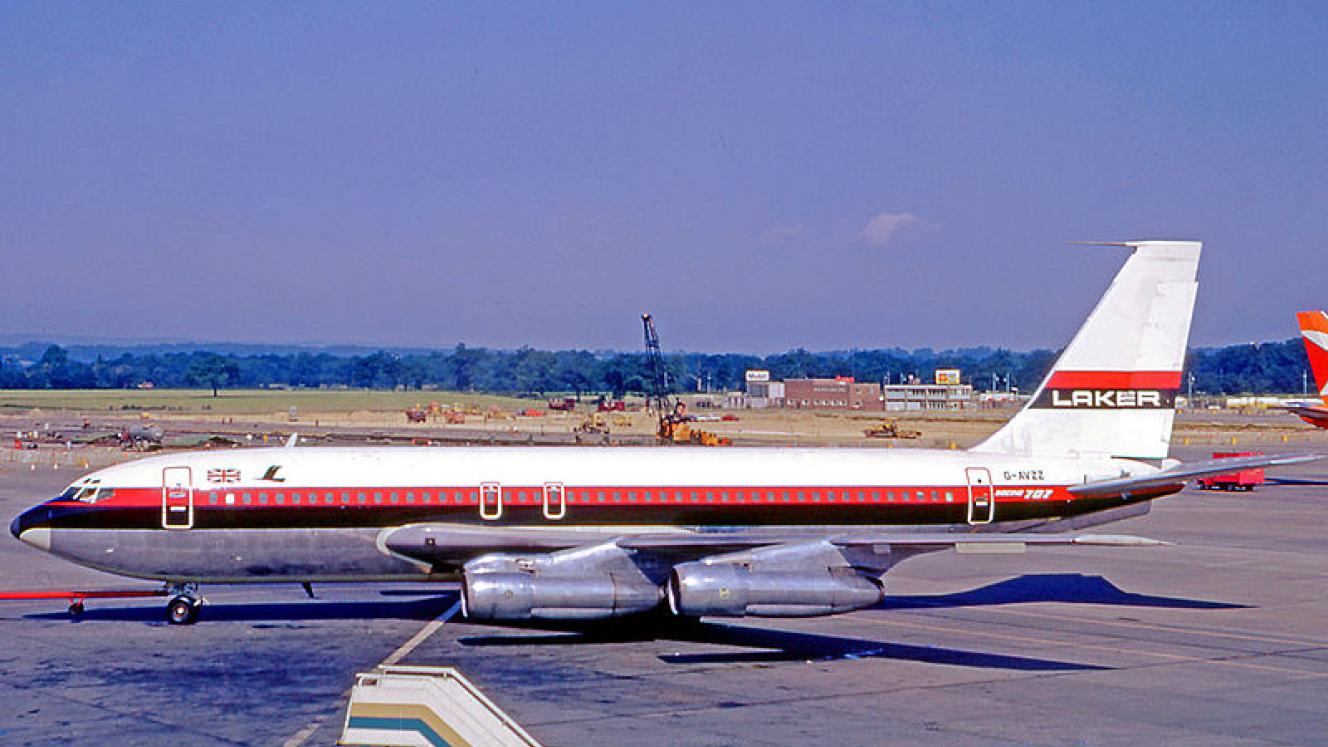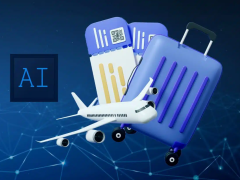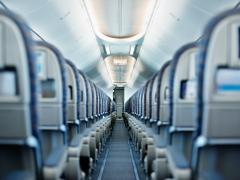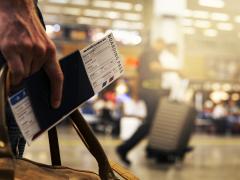The Dinosaur is Richard Beadle.
Beadle writes a fortnightly column about a different time in the industry. The Dinosaur’s themes and observations will be familiar to some, but difficult to imagine for others. Read on…
In a previous article I wrote how Pan-Am had been dissolved in 1991. Other major American carriers which declared bankruptcy due to the challenging conditions around that time, were Continental Airlines, Braniff, and Eastern. The difficulties of weathering the oil crisis of the seventies and the effects of Jimmy Carter’s Airline Deregulation Act made it difficult for established carriers to adapt to the changing conditions.
Some operators however, saw the opportunities that deregulation offered, and Freddie Laker’s Skytrain was the first no-frills transatlantic service operating from London to New York in the late seventies. It’s sad that unscrupulous competitors were able to price Skytrain out of the market.
So, the no-frills concept was not unknown in the last century. In fact, Pacific Southwest Airlines, considered to be the world’s first low-cost carrier was operating a no-frills service between Southern and Northern California in 1949! These days there are more than 100 low-cost carriers operating worldwide with a market share of around 35 – 40% in North America and Europe and almost 60% In Asia.
Cost pressures have forced airlines to review their catering strategy in recent years and it has been suggested that the growth of low-cost carriers is influencing passengers’ expectations when it comes to meal services. As an Englishman married to a German, I’ve flown between London and Germany countless times in the more than 50 years we’ve known each other. I recall flying with BEA between Heathrow and Stuttgart back in the early seventies and being served the kind of meal passengers might expect in economy class on a flight from Johannesburg to Europe these days.
Evidently, no-frills thinking has leaked into some full service carriers. Last year I travelled the same route between UK and Germany, and was offered one biscuit in a fancy royal blue foil wrapper, masquerading as a light snack to go with my coffee. Okay, it wasn’t a no-name brand cookie from the local supermarket but it was still one measly biscuit on a 1 hour 40-minute flight.
At least the seat was quite comfortable, compared with what was on offer in Europe in the 1930s to those who couldn’t afford to travel in a higher class. The Deutsche Reichsbahn, (German National Railway) even operated with fourth-class carriages commonly known as Holzklasse (wooden class) because passengers were made to sit on hard wooden benches. In Germany, Lufthansa’s Economy class is still known colloquially as Holzklasse but we hope that the seats are a little more comfortable.
Since the concept of business class was first conceived in the late seventies, airlines appear to have been eager to promote the idea of this higher class, despite negative reactions in the early days from passengers travelling at discounted rates who felt that amenities were being taken away from them. In 1976 KLM initiated ‘Full Fare Facilities’ seating where economy-class passengers paying the full, non-discounted economy fare were allowed to sit at the front of the cabin immediately behind first class. The idea was copied by several other airlines. In 1978 British Airways "Club World" offered a separate premium cabin as a means of further distinguishing full economy fare passengers (often business travellers) from those flying on discounted fares.
In effect they were creating a third-class category. They were clearly ignoring that in 1956, third class was abolished in Britain by British Railways.
Now, British Airways, and many other airlines appear to have since gone on to follow the 1930’s German Rail model, going full circle and introducing a fourth class.
"The more things change, the more they stay the same.” Jean-Baptiste Alphonse Karr
Feel free to comment on the musings of The Dinosaur. Do you remember the Skytrain?













